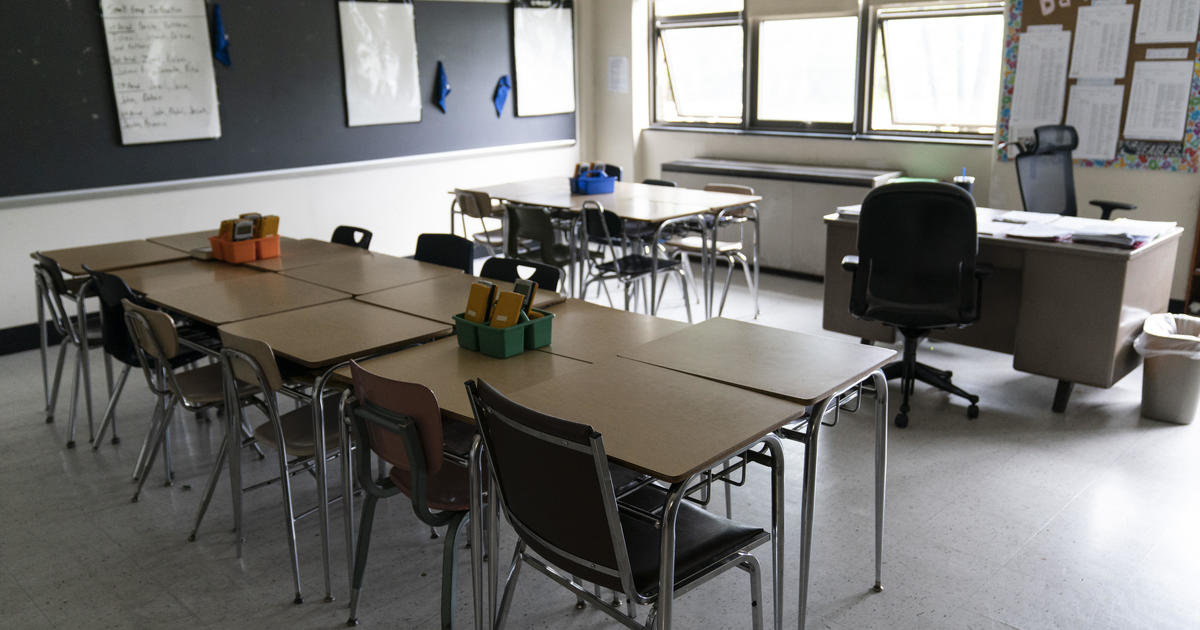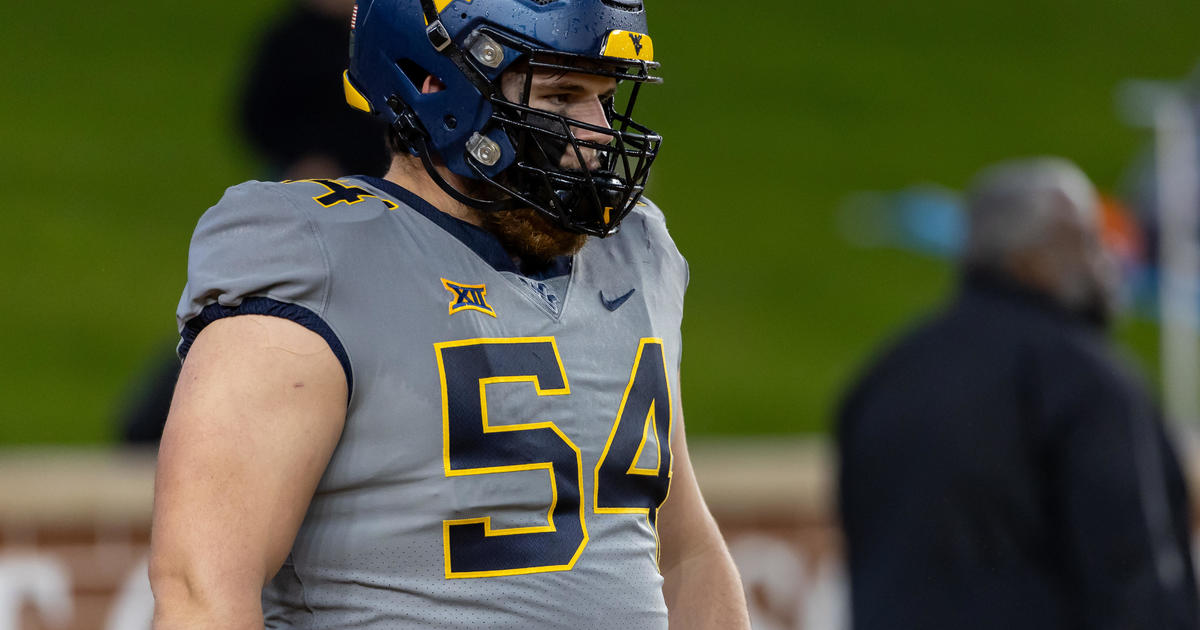Potential $465M federal clawback raises concerns about West Virginia schools
West Virginia Republican Gov. Jim Justice's administration has been characterized by flat budgets and record surpluses that helped cut the state's income tax last year.
Now, the state could face collateral damage: a possible $465 million clawback of pandemic aid by the U.S. Department of Education.
It has thrown the state's budget process into disarray and caused uncertainty in the days before the 60-day legislative session is scheduled to end Saturday, with lawmakers saying they'll pass a "skinny budget" and reconvene to address unfinished business in May, when the financial situation is clearer.
It has also reignited old concerns about whether West Virginia, with one in four children living in poverty, is upholding its constitutional obligation to fund a "thorough and efficient system of free schools."
Since Justice took office in 2017, he has boasted flat budget after flat budget, which he attributed to conservative management. But the governor, who is now running for U.S. Sen Joe Manchin's seat, was accused at times of underfunding state agencies and intentionally low-balling revenue estimates to create false surpluses. Those surpluses were further bolstered by record severance tax collections, in part because of high energy prices from the war in Ukraine.
Kelly Allen, executive director of the West Virginia Center on Budget and Policy, was one who expressed skepticism about whether the state could afford a $754 million income tax cut, particularly when a dozen school districts lack social workers and psychologists.
"I think there are multiple ways that we could see the state was not giving schools the resources they needed before the feds had to tell us that," Allen said.
West Virginia received more than a billion dollars in federal aid to help support students during the COVID-19 pandemic. It came with strings: the state needed to keep funding education at the same or a higher level than before the pandemic. In other words, the federal money could supplement existing state investment in education but not replace it.
For federal spending packages passed in 2020 and 2021, that meant a dollar-for-dollar match. For 2022 and 2023, the federal government examined the percentage of each state's total budget being spent on education.
Those regulations were waived for West Virginia in 2022. Whether the state will be approved for 2023 is what's in dispute, echoing challenges in other states as the pandemic aid they've relied on for years disappears.
The U.S. Department of Education said it "has not contemplated" asking West Virginia to return the funds. Justice said his office is negotiating with the federal government and expects "a positive resolution very soon," citing funds dedicated to school service and teacher pay raises each year since 2018 — when school employees went on strike over conditions in schools.
He also said the state has dedicated money to building projects and putting teaching aides in classrooms to improve math and reading skills. The state said it spent $8,464 per K-12 pupil in 2024, compared with $7,510 during Justice's first year as governor 2017, according to documents submitted to the federal government.
But because state spending increased overall — from $4.9 billion in 2017 to $6.2 billion in 2023 — the percentage marked for education decreased. The key metric eliciting pause from the federal government is an 8% decrease in the education piece of the budget pie — from 51% in 2017 to 43% last year.
Justice said the feds "penalize West Virginia for its economic success" for investing in its tax cut and for putting surplus money into roads and other infrastructure and projects to attract businesses and create jobs.
But West Virginia University College of Law Professor Joshua Weishart said the budget numbers "call into question whether the state is adequately funding education."
"The court has interpreted that the funding of our education is supposed to be the state's top priority — its top constitutional priority," he said. "It's supposed to be above anything else that the state does."
West Virginia is one of a minority of U.S. states that pays for education based almost solely on enrollment, which has been declining as the state loses population. Other states allow more funding to be allocated by student need.
As part of his negotiations with the federal government, Justice is pushing lawmakers to approve an additional year of 5% pay raises, expected to cost more than $80 million, and $150 million for school infrastructure and maintenance.
Those raises were promised to school employees by Justice to make up for state health insurance premium increases approved last year. That's a major reason they went on strike in 2018 and 2019 and something Justice promised would not happen on his watch.
But Senate Finance Chair Republican Eric Tarr said the state can't afford raises and to continue cutting the income tax, which was slashed around 21% last year with triggers to continue dropping if the state meets certain revenue thresholds.
Tarr is proposing a 4% pay raise that will go into effect only if income tax triggers aren't met, something West Virginia Education Association President Dale Lee said he fears is "pitting public employees against the general public."
"I do think it's incumbent upon them to keep their word, given the finances of the state," he said.



